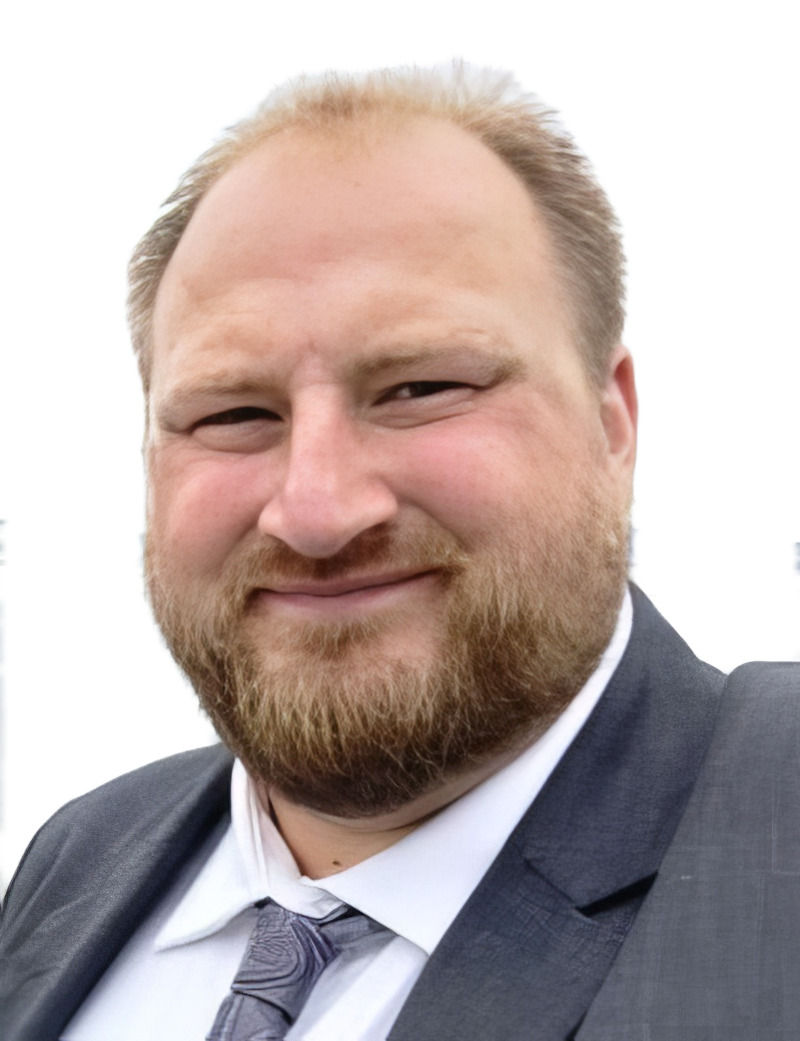MBE - me ?
- Dec 31, 2022
- 4 min read
Updated: Jan 5, 2023

I am deeply honoured and humbled to receive an MBE for my voluntary services to neurodivergent people (autistic, dyspraxic, ADHD, Tourette’s syndromes) and those with related joint hypermobility syndromes including Ehlers-Danlos syndromes and the also closely related Hypermobility Spectrum Disorder. I truly want to thank those who have believed in this vision at the voluntary, disabled, chronically ill sedsconnective team, facing huge barriers and very few resources both financial and human which has meant huge sacrifices at times. I want to thank the SEDSConnective Patron, Dr Eccles and her team for the evidence based research which cements the foundations of this work with expert research and for past and future collaborations. I want to thank our allies, our many advisers, other groups connected with us, charities, and from the public.
I also want to thank my children for supporting me in challenging times. I advocated as a SEND parent carer for over 30 years and have worked in education in different guises from Early years primary, secondary, special, academy, free, independent and Further Education plus for 25 years. I always knew there was something missing from our specialised training and education for our pupils. I knew from my own experience at creating supports and resources for my own children as a single parent, reflecting on my own poor education background, and not least, my experience of not being believed.
Aged 16, I had 2 very basic qualifications and was often ill but not believed to be in pain, missing at school and considered dim. I didn't study for my first degree until after having children, eldest diagnosed autistic, ADHD, dyspraxic, with a mild learning disability. I was enabled to do this by the Open University supporting me online as a single parent and carer. I continued to work and study and became a national lead in the autism social model of education. However I was still not believed and a fibromyalgia and chronic fatigue diagnosis did not explain my issues. This escalated to the point where I was simply dismissed despite visual issues and illnesses and severe allergies, that I was a hypochondriac and, due to being a professional woman, not believed or allowed to be autistic/ND. I became very ill and did not know if I would survive. My children actually asked me if I was dying and I didn't know what to reply. I only received my diagnoses of hEDS and autism aged 53 and 54 and then immediately discharged as there was no diagnostic care pathway or support pathway.
I realised there must be many other people like me out there, dismissed and neglected. I could not find the support I needed but also saw what could work for me would work for others. I knew there must be many others like me but were still neglected or had given up. I founded SEDSConnective as a very small voluntary group, which is still a quite small, but award winning voluntary charity, breaking ground and making waves.
I continue to hope, as I did this time last year, that neurodivergence and symptomatic hypermobility (including those without a formal diagnosis) conditions are accepted and particularly for those more affected often due to hormonal factors, including girls, women and non binary people. We have been told what we can and can’t do for too many years. We have been given things, been told we’ve been empowered and been told we’re part of coproduction change. I know something about authentic coproduction and without a doubt it is very rarely achieved. That is okay if it is acknowledged as such and trying but so often it is not so and groups and people like us still being used for the protection of the professional narrative.
Importantly autistic people are known to die earlier and more often of almost every cause of death that has been studied. Studies on neurodivegent people who are disabled/chronically ill is not known as there is little research or will to find out, but nearly everyone I have met including those with ADHD, dyspraxia, Tourette's syndrome, seem to have some of the same symptoms and conditions.
Some of these include :
Pain both acute and chronic, dizziness, allergies, bloating, IBS, stomach cramps, reflux, headaches, bowel/bladder issues, migraines, eyes, ears, teeth issues, differences in temp. regulation, palpitations, skin extensibility, joint laxity, extreme tiredness, muscle spasms, stiffness and anxiety but is more often put down to mental or emotional origins. If we don’t accept physical health issues as at least half the issues to neurodivergent support and approaches in education, health, social care, employment and much more then we are continuing to cause further disbelief and trauma to future generations. This is not acceptable anymore now we have the evidence.
Community strength with us as equal powers leading this is the way forward. I now advocate strongly in health arenas and social care but hope others take up this mantle too. There is much more to come but I ask that we now join up and ensure these foundations rise up to be an accepted part of neurodivergent health: heard, funded and supported and led by our own communities.
Jane Green MBE, MA Ed. Chair SEDSConnective




Comments